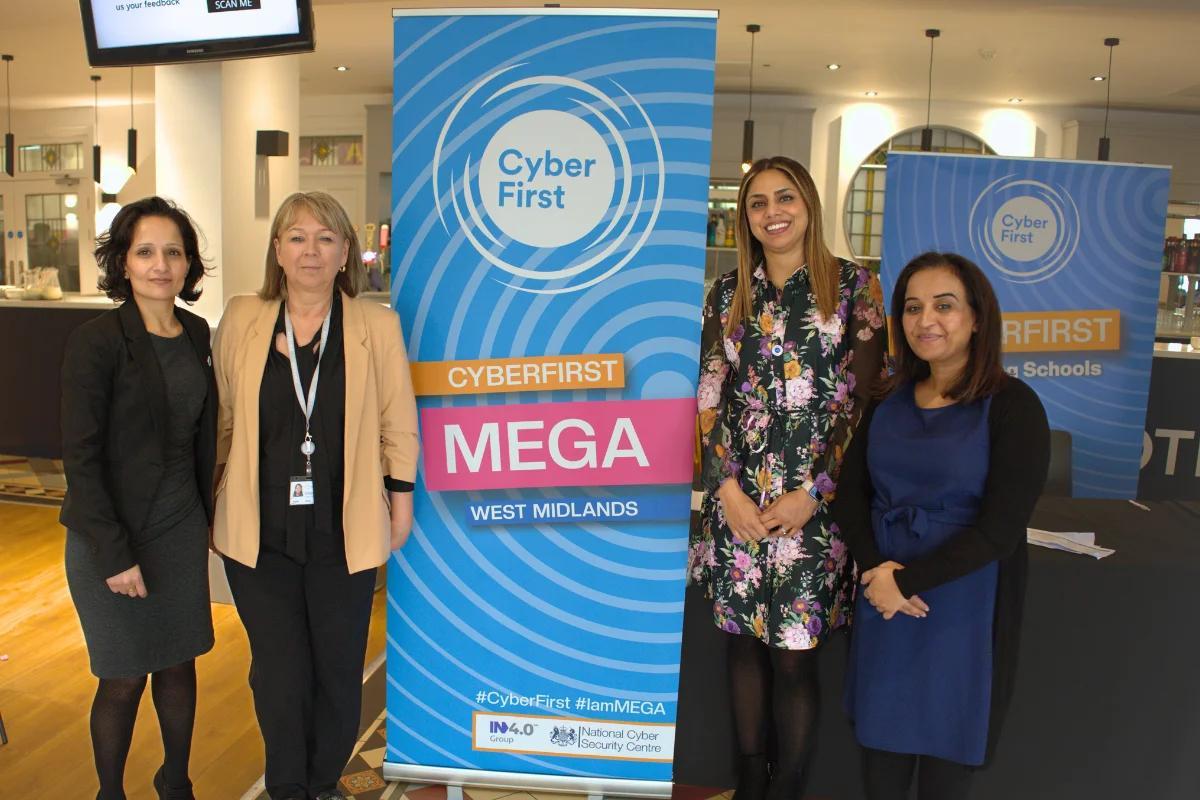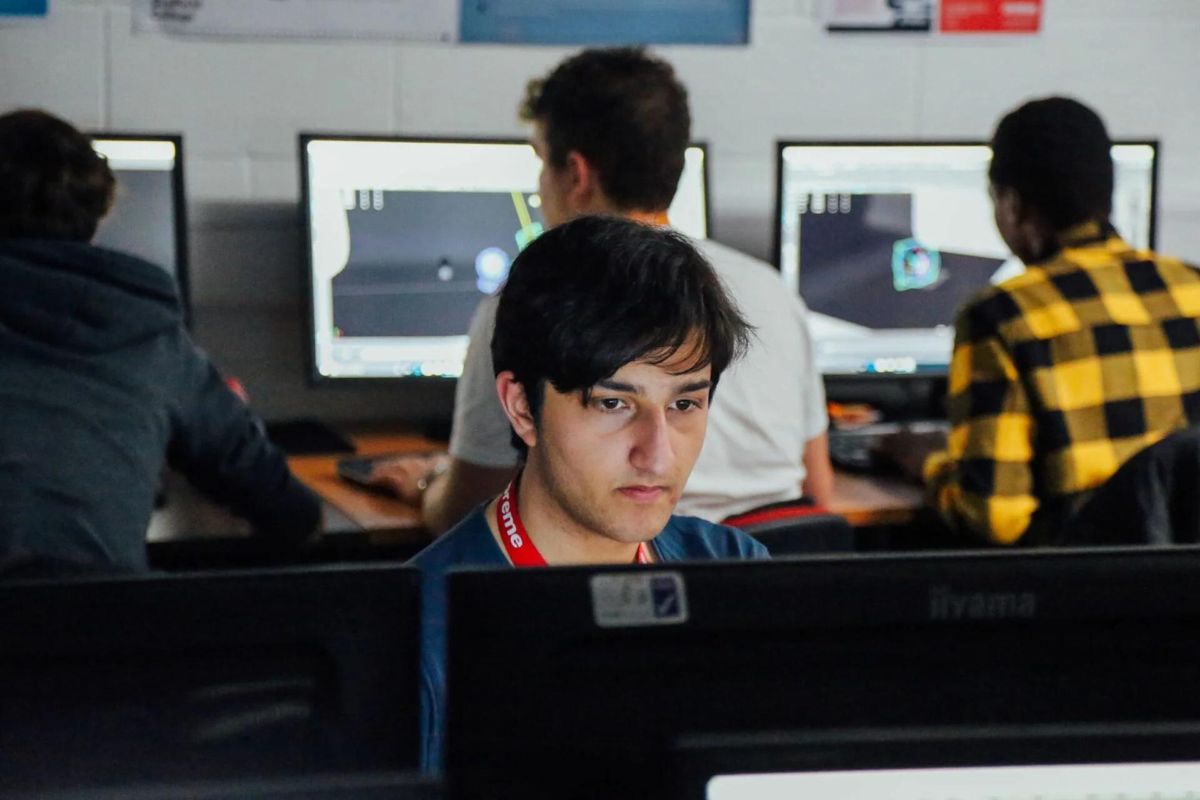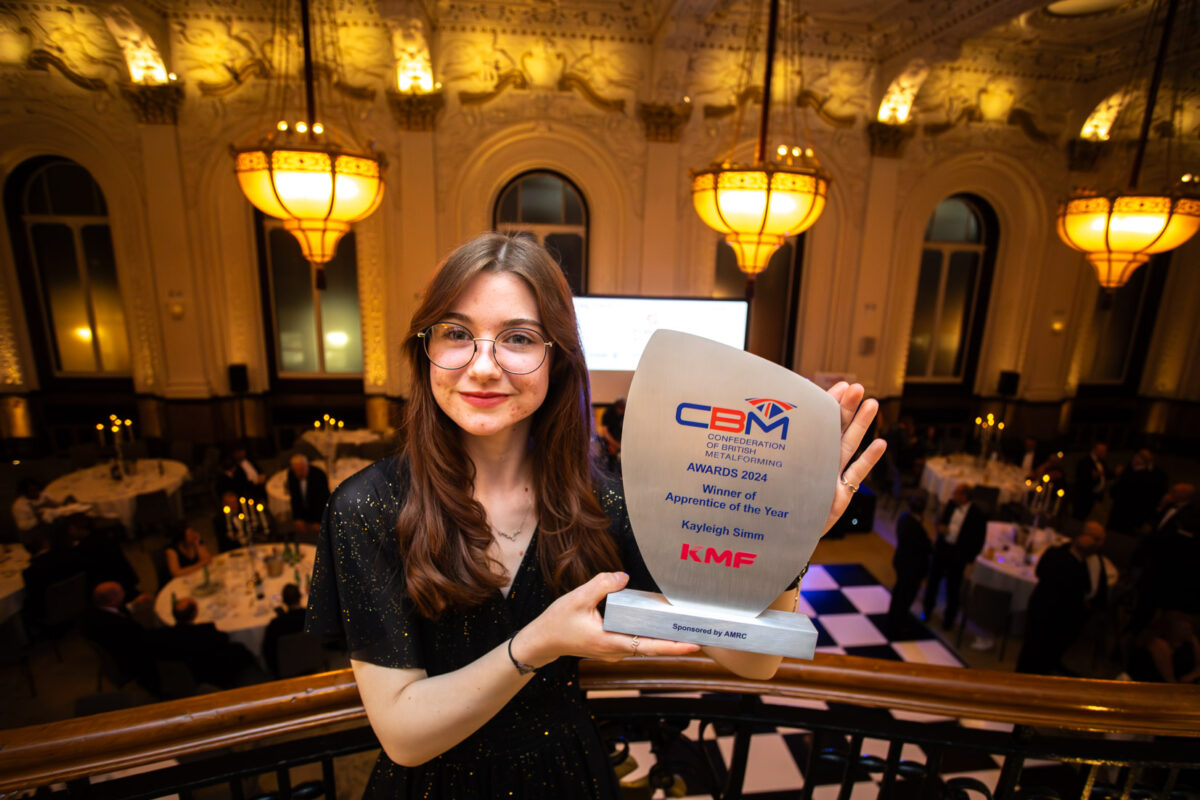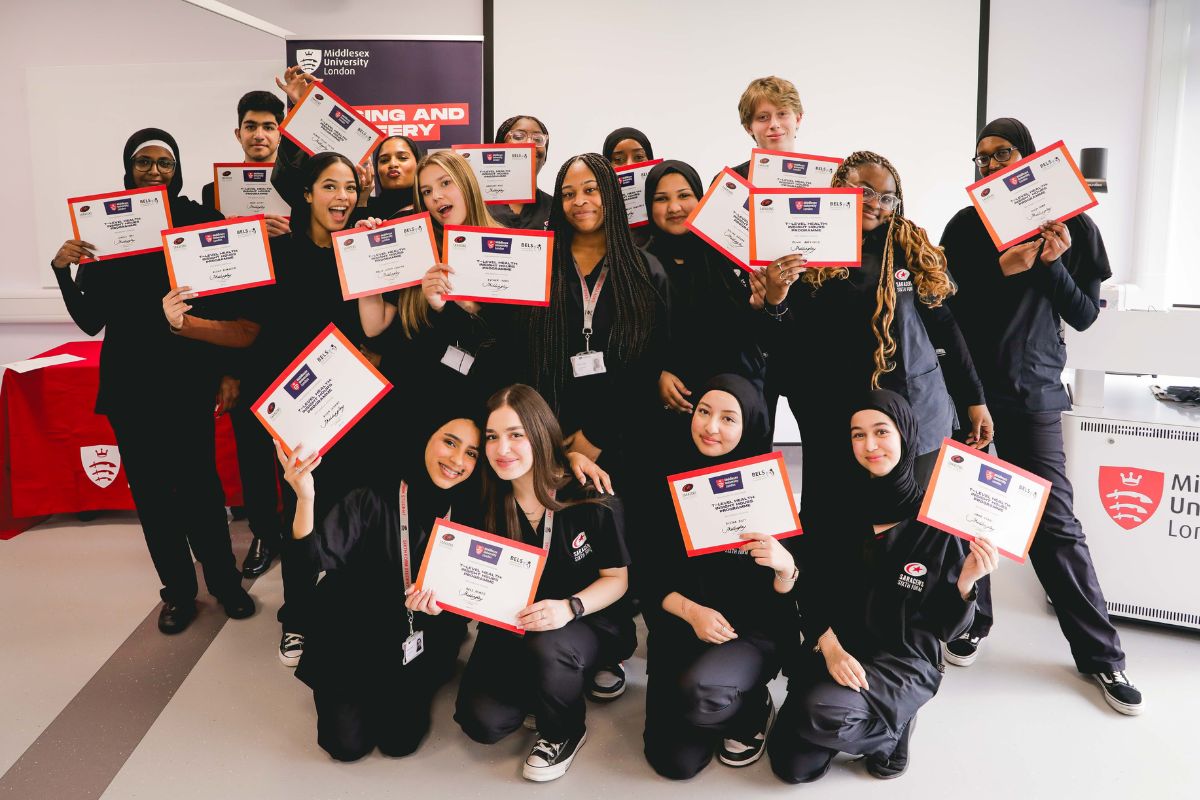One in four women in tech have experienced ‘mansplaining’

Over a third of female IT professionals were put off by the lack of diversity in tech.
As new research unveils findings around female IT professionals’ experience in the workplace, Kaspersky Lab hosts a debate with tech leaders to find solution to gender imbalance in technology
A new study of 5,000 IT professionals in Europe’s five biggest economies by Kaspersky Lab has revealed that 34% of women in UK tech were put off by the gender split in their organisation when entering the industry compared with 29% of men.
More than half (56%) of UK IT professionals report working in a majority male team, six times the number that work in a mainly female team (9%).
In addition, more than half of female IT professionals across Europe (53%) say they would be less likely to join an organisation if they saw a gender imbalance, compared to just 38% of men.
Kaspersky Lab launched the findings ahead of hosting a round-table debate featuring a select group of prominent IT professionals to explore ways to encourage more women into cybersecurity.
Kaspersky’s research among UK IT professionals also finds:
- More than a third (37%) of women in IT say that a lack of female professionals in the industry made them wary about pursuing a career in tech
- A quarter (26%) of female IT decision makers say they have witnessed ‘mansplaining’ in their day jobs
- 40% of female IT decision makers believe that the government and universities should drive incentives to attract girls and women into a future career in tech
- Across Europe, one in ten (10%) female IT professionals describe a career in tech as daunting, compared to just 6.5% of men.
- A good salary is the most attractive feature of any IT job for both British women in IT (20% vs European average of 18%) and men (24% vs European average of 19%)
“There is continued underrepresentation of women in IT across Europe. While there is no overnight fix to balancing the gender divide in our industry, our research and debate help us to understand how we can attract more interest in tech and cyber security and make it more attractive and accessible to women,” said Ilijana Vavan, Managing Director of Europe for Kaspersky Lab.
Vavan announces a commitment to inspire change following a discussion of leading UK IT directors held at Kaspersky’s London offices, hosted by BBC Click presenter, Kate Russell.
Kaspersky hosted a discussion of leading UK IT directors at its London offices, chaired by BBC Click presenter, Kate Russell. The group discussed the pipeline to encourage greater diversity, how to tackle the “imbalance paradox” women experience in the tech industry and talent retention.
Zoe Edmeades, Managing Director of The Security Company, commented:
“Making a career in tech more appealing to women starts with business culture – and that comes from the top. If we talk to boards in the language that they understand and the benefits of a diverse workforce then we can start to see positive change.”
Wincie Wong, Digital Proposition Lead at RBS, added: “We need to highlight what a career in tech can make for girls in tech, focusing less on coding more on impact you can make. We also need to change the language around tech, so that it’s more gender neutral and doesn’t deter women.”
For India Lucas, Policy Manager for Skills, Talent and Diversity at techUK, it is crucial to define what we mean by tech:
“We need to challenge current perceptions of what a career in tech is. It’s not one single thing. Organisations need to challenge recruiters to find them female candidates, and we need education to challenge unconscious bias,” she said.
Ewa Magiera is Head of Communities for Code First Girls, which aims to increase diversity in tech:
“There’s a focus on the mathematics element of technology, which could be off-putting, especially when tech is so much broader than just coding. Other skills, such as creativity and empathy, are also valuable in tech.”
The round-table debate will inform Kaspersky Lab’s own set of commitments to inspire change in the industry and will be announced later this year as part of its CyberStarts initiative.
Kaspersky Lab commissioned Arlington Research to conduct research amongst both men and women working in an IT or Tech role to explore perceptions of gender differences within the industry, accidental sexism, barriers to an IT / Tech career amongst both sexes and what has motivated men and women to develop a career in this industry.
Arlington Research conducted an online survey in five countries: The United Kingdom, Germany, France, Italy and Spain.
5,000 interviews were completed across Europe (1,000 interviews per country) divided equally between men and women (500 men interviewed per country and 500 women interviewed per country). The respondent base from each country consisted of adults aged 18 years old or older who currently work in an IT or Tech role working in organisations of all sizes.
Respondents required online access to complete the survey. Research fieldwork was conducted from 2nd -16th December 2018.
About Kaspersky Lab: A global cybersecurity company, which has been operating in the market for 21 years. Kaspersky Lab’s deep threat intelligence and security expertise is constantly transforming into next generation security solutions and services to protect businesses, critical infrastructure, governments and consumers around the globe. The company’s comprehensive security portfolio includes leading endpoint protection and a number of specialized security solutions and services to fight sophisticated and evolving digital threats. Over 400 million users are protected by Kaspersky Lab technologies and we help 270,000 corporate clients protect what matters most to them.












Responses